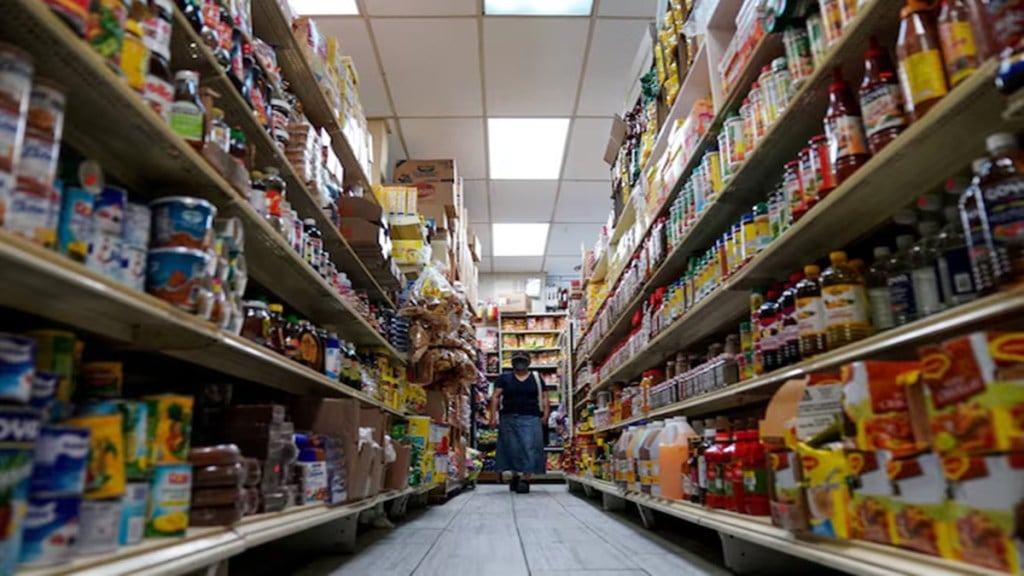The tax reforms unleashed by the government has missed an important segment of fast-moving consumer goods (FMCG), namely, detergents. The Rs 45,000-crore category, among the largest FMCG segments in India, continues to attract an 18% GST.
There has been no rationalisation of tax there, even as some other daily-use items such as soaps, hair oils, shampoos, shaving creams, talcum powder, toothpastes, toothbrushes and tooth powder have been reduced to 5% from 18% GST.
Detergents, including formats such as bars, powders, liquids and pellets, also have amongst the largest FMCG companies operating within them. This includes Hindustan Unilever (HUL), the leader in detergents, with brands such as Surf Excel, Rin and Wheel, Procter & Gamble (P&G) with Ariel and Tide, Galaxy Surfactants, which makes Ghadi, Nirma, Jyothi Labs (Henko) and Reckitt Benckiser (Vanish), among others. Executives from these firms declined comment when contacted.
A “Key Miss” in the consumption push
But the general consensus among most market experts and industry officials is that this is a key miss, even as the government is eyeing a consumption boost with its GST 2.0 reforms.
“I am surprised how detergents were skipped out, which is a daily-use item. This ideally should not have been the case, since the idea of the GST 2.0 reforms was to ease the tax burden on the common man,” Krishnarao Buddha, an FMCG veteran and consultant, said.
An executive from a top FMCG company admitted that had GST on detergents been rationalised, it would have helped in improving accessibility of emerging formats such as detergent liquids, a growing sub-segment within the larger detergents market. Detergent liquids are valued at over Rs 2,000 crore in India.
The push to promote liquid detergents
A recent report by Numerator (formerly Kantar) points to almost 58% annual growth rate of categories such as washing liquids, owing to its convenience, versus washing powder and washing bars that have seen largely flat growth over the last few years.
While detergent makers remain among the most aggressive in terms of offering consumer schemes or price cuts and hikes, depending on the movement of crude, since inputs like linear alkylbenzene (LAB) are directly linked to the latter, players have sought to trade up consumers to liquids, experts said.
Godrej Consumer, for instance, launched Godrej Fab towards the end of calendar 2023 at Rs 99 per litre, taking it to a Rs 250-crore annualised revenue rate in a year, the company said in its FY25 annual report. The plan now is to double turnover of Godrej Fab to Rs 500 crore in FY26, the company said.
HUL has said it is making liquid detergents more accessible and affordable, having launched products like Rin Matic liquid detergent at a lower price point (Rs 99 for 800 ml) and introducing smaller pack sizes of its Surf Excel liquids to attract new consumers. HUL is also strategically narrowing the price gap between sachets and larger packs to accelerate pack upgrades.

